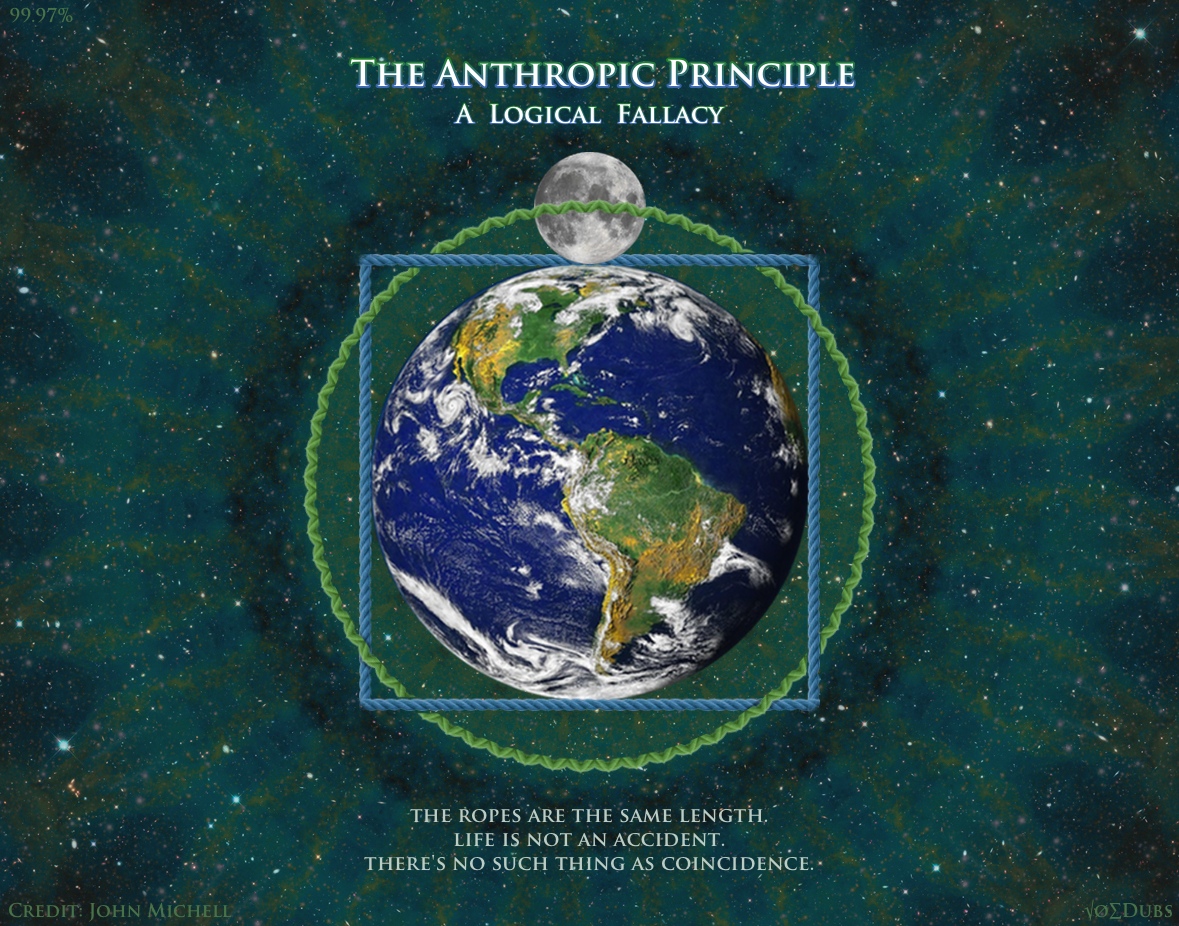The Seven Liberal Arts

The seven liberal arts are the disciplines of study that the Pythagoreans taught in their mystery schools. They’re the subjects or skills, that in classical antiquity were considered essential for a free person to cultivate to gain a solid foundation of their physical reality. (Latin: liberalis, “worthy of a free person”) The Trivium is made up of Grammar, Logic, and Rhetoric. But not exactly in the sense of the words. Grammar is information we gather, the “Who, What, When, and Where”. Logic is the processing of that data and attempt to make sense of it. It’s our reason and understanding. Logic answers”Why”. Rhetoric is the applying of knowledge to gain wisdom. Rhetoric answers the “How”. The 7 Liberal Arts The Trivium: (tri for three) Grammar (Who, What, When, Where) Logic (Why) Rhetoric (How) The Quadrivium (quad for four) Number Geometry (Number in Space) Music (Number in Time) Astronomy…
